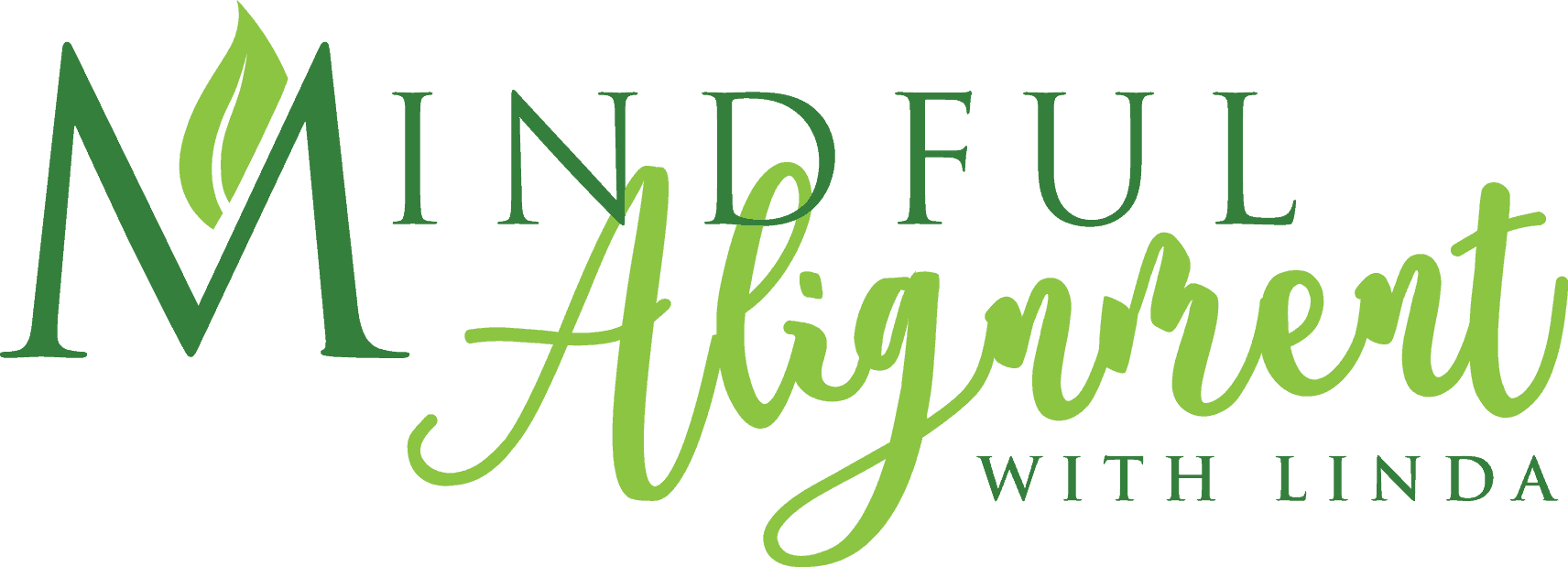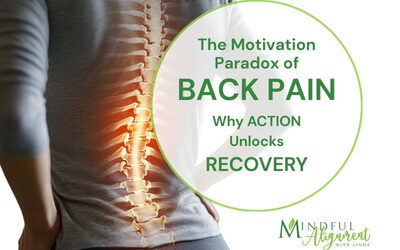Spinal Stenosis: What is it, Symptoms, Causes & Treatment
Some of the Changes that Happen with Age
With age, the body’s bones and cartilage tend to shrink, decreasing height. This natural process is part of aging and causes the spine to get shorter as you age.
As this happens, your posture can change, affecting your balance and making it more challenging to stand up straight. Other causes of height loss include osteoporosis, poor nutrition, certain medical conditions, and even lifestyle choices such as smoking.
What is Spinal Stenosis?
Spinal stenosis is when the spinal canal narrows and causes pressure on the spinal cord or the nerves that branch off it. The causes of this condition are often associated with age-related wear and tear, such as disc herniations, bone spurs, and thickened ligaments. In addition, spinal injuries and tumor growth can also lead to spinal stenosis.
Symptoms of Spinal Stenosis
Symptoms can range from mild discomfort to severe pain, depending on the severity of the narrowing. Treatment options vary depending on the source of the problem, including physical therapy, medications, surgery, or a combination of these methods. Early diagnosis and treatment are essential for improving the quality of life affected by this condition.
Other symptoms include persistent and localized pain while standing or walking, numbness or tingling in the legs, buttocks, and feet, muscle weakness, balance issues, and bladder or bowel incontinence.
Prevention is key
Maintaining a healthy lifestyle and paying attention to posture are essential, as poor posture can contribute to spinal stenosis.
To help maintain good posture, it is essential to practice exercises that strengthen the muscles in your core, back, and neck. Building strong core muscles will help you maintain an upright posture and reduce stress on your spine. In addition, daily stretching can help keep your spine flexible and reduce discomfort associated with spinal stenosis.
It is also essential to stay active as exercise helps promote blood flow throughout the body, which helps optimize spinal health. Incorporate aerobic activities such as walking or swimming into your daily routine and strength training exercises to build muscle endurance and flexibility. Additionally, yoga poses provide a great way to improve posture, build strength and prevent spinal stenosis.
The following are three exercises that will improve posture:
- Shoulder Circles: Stand with your feet shoulder-width apart and arms at your sides. Gently rotate your shoulders forward in a circular motion 10 times and repeat the same motion backward 10 times.
- Wall Sits: Stand with your back against a wall and slide down into a squatting position, ensuring that you sit straight with your knees bent slightly above 90 degrees and feet flat on the floor. Hold this position for 30 seconds before sliding back up to standing.
- Cat-Cow Pose: Begin in a tabletop position (on all fours) with wrists directly under shoulders and knees hip-width apart. Inhale as you arch your spine upwards towards the ceiling, then exhale as you round your spine towards the floor. Repeat 8 times.
Other exercises may include leg raises, pelvic tilts, and abdominal planks. Incorporating these exercises into your daily routine can improve your posture and reduce symptoms of spinal stenosis caused by poor posture or a sedentary lifestyle.
Additionally, keeping active is essential for maintaining overall health and well-being and preventing spinal stenosis. Talk to your doctor to ensure that any physical activities you engage in are safe and appropriate.
Bottom Line: A healthy lifestyle and regular exercise can reduce the risk of developing spinal stenosis and prevent discomfort from getting worse. Early diagnosis and treatment can also help minimize pain associated with this condition and improve quality of life.
Are you tired of living with pain?
Are your activities and daily choices determined by your level of pain?
Are you ready to change your life for the better and gain back your physical freedom?
My unique and custom designed approach comes from years of training, education and experience. Together, we will get you back to living pain free and enjoying life.
Sign up for a private session today
It’s never too late to try something new.

Related Articles:
Beyond Calcium: The Power of Yoga for Bone Health
Discover how yoga supports bone health and osteoporosis prevention. Learn science-backed poses that strengthen your skeleton and reduce fracture risk.
The Motivation Paradox: Action is the Catalyst for Healing Back Pain
Discover the Motivation Paradox of Back Pain—why waiting for motivation keeps you stuck and how action is the true catalyst for healing. Learn science-backed strategies to break the pain cycle and reclaim mobility.
Transform Back Pain Anxiety: From Uncertainty to Empowerment
Discover how to navigate pain anxiety with empowerment. Embrace uncertainty and reclaim your healing journey through mindfulness and resilience.
Transforming Your Relationship with Back Pain: A Mindset Revolution
Back pain is more than a physical challenge—it's a profound psychological journey. The real battle isn't just in your muscles and joints, but in your mind. Your thoughts can either be a prison or a pathway to healing. Reframing Your Inner Narrative When chronic pain...




